Immigrant Families Fear Losing US Citizenship Rights for Their Children
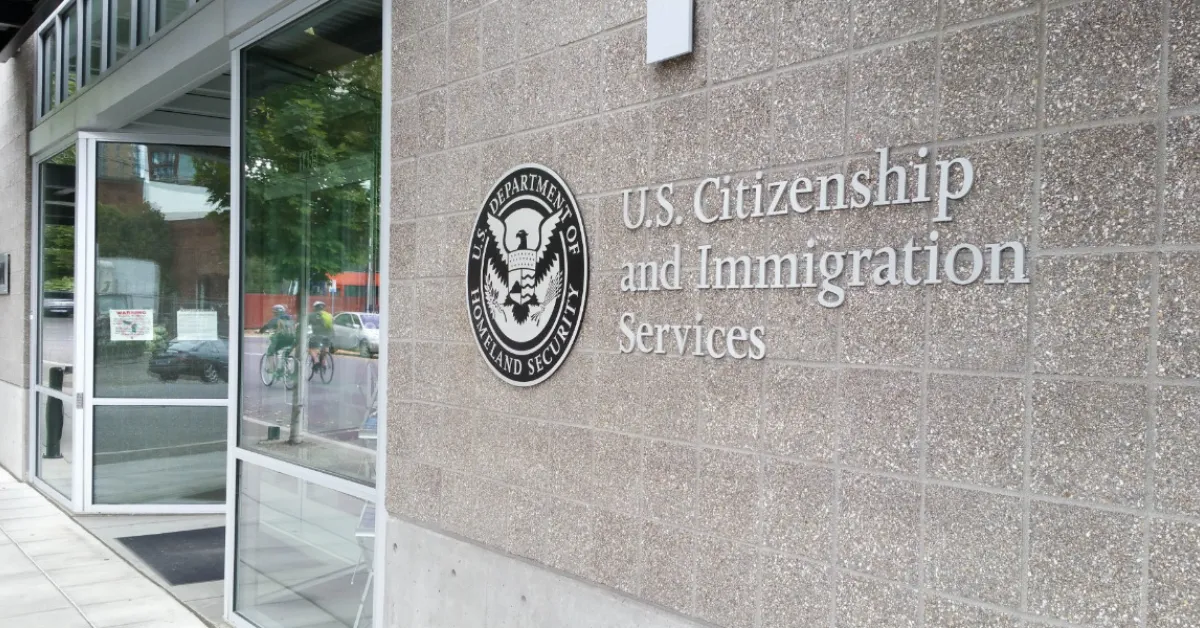
Federal agencies are reportedly preparing to implement a controversial policy that would restrict birthright citizenship.
The move threatens to upend established legal precedent and create widespread uncertainty, despite existing legal challenges. The initiative stems from an executive order issued during the Trump administration that seeks to redefine the Fourteenth Amendment’s citizenship clause, which has historically guaranteed citizenship to nearly all individuals born on US soil.
While the order is currently blocked by federal courts, leaked internal guidance documents suggest that various government departments, including the US Citizenship and Immigration Services (USCIS), the State Department, and the Social Security Administration (SSA), are laying the groundwork for potential enforcement. At the heart of the debate lies the interpretation of the Fourteenth Amendment, which states that "all persons born or naturalised in the United States, and subject to the jurisdiction thereof, are citizens of the United States."
For over a century, this has been understood to mean that birthright citizenship is automatic, regardless of parents’ immigration status. The Trump-era executive order challenges this interpretation, aiming to deny citizenship to children born to undocumented immigrants and temporary visa holders, while granting exceptions to children of lawful permanent residents, refugees, and asylees.
The leaked documents reveal a coordinated strategy to restrict access to federal documentation and benefits for affected children. Currently, a birth certificate issued in the US generally suffices to establish citizenship, enabling parents to obtain passports, Social Security numbers, and public benefits for their children, irrespective of their own immigration status. The proposed changes would mandate that at least one parent demonstrate lawful status before these documents are issued, effectively altering the criteria for recognising citizenship at birth.
According to Erik Finch, Director of Global Operations at Boundless Immigration and a former USCIS officer, this policy is "an effort destined for failure," which "will only create chaos and confusion in many households already struggling to navigate our broken immigration system.”
Should the executive order be implemented, families could face significant bureaucratic obstacles, including delays, denials, and legal ambiguities, as agencies scrutinise parental status during or after birth registration. Critically, children born in the US to parents without qualifying status could be denied federal recognition of citizenship, potentially rendering them stateless if their parents’ countries of origin do not grant nationality by descent.
The consequences of statelessness include restricted access to education, healthcare, travel, and legal protections, conditions that could persist throughout a child’s life. Immigration advocates express deep concern that the policy, even in its proposed form, is sowing confusion and fear within immigrant communities. Reports indicate that some families are avoiding hospitals and public services, fearing that seeking assistance could jeopardise their children’s legal standing.
This "chilling effect" may exacerbate public health disparities and deepen social exclusion, particularly among communities of colour. Legal challenges to the executive order’s constitutionality have already been mounted. The American Civil Liberties Union (ACLU) and several state attorneys general have filed lawsuits, arguing that the order violates the Fourteenth Amendment and exceeds executive authority. These legal battles are expected to continue, potentially reaching the Supreme Court.
Beyond the legal and humanitarian concerns, the proposed policy has implications for employers and the wider economy. Companies that rely on global talent fear that uncertainty surrounding children’s citizenship could deter skilled professionals from relocating to or remaining in the United States. Human resources departments may face increased complexity in managing payroll, benefits, and compliance across jurisdictions with varying interpretations of the law. Moreover, heightened scrutiny of family status could expose employers to inadvertent discrimination claims, undermining workplace equity and morale.
A reduction in the number of US-born citizens among immigrant families could shrink the future workforce, limit innovation, and erode the country’s demographic diversity. Latino communities, in particular, are expected to bear the brunt of these changes, compounding existing inequalities and contributing to long-term disparities in access to opportunity. The emergence of a stateless underclass—comprising individuals born in the US but denied legal recognition—could strain public institutions and fuel political polarisation.
Despite the executive order’s current legal suspension, the administration’s continued preparations suggest that the issue remains a priority. The release of agency guidance outlining enforcement protocols indicates that federal departments are poised to act swiftly should the courts permit the policy to proceed. This has prompted calls for clearer communication and stronger community support to mitigate the uncertainty facing affected families.
Legal precedent currently remains intact, and children born in the United States continue to be recognised as citizens regardless of their parents’ immigration status. Advocacy groups are urging families to remain informed and to seek legal counsel if needed, emphasising that no immediate action is required.

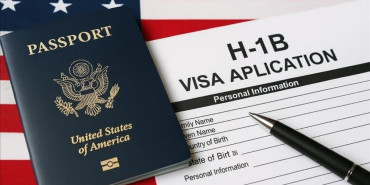

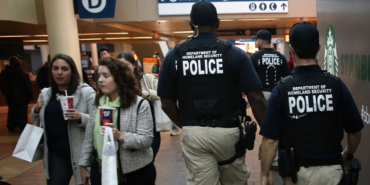

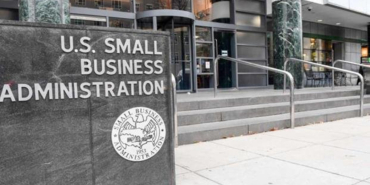
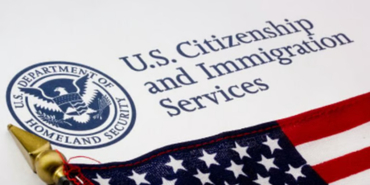

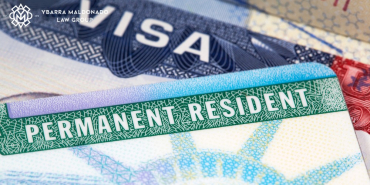





Add new comment